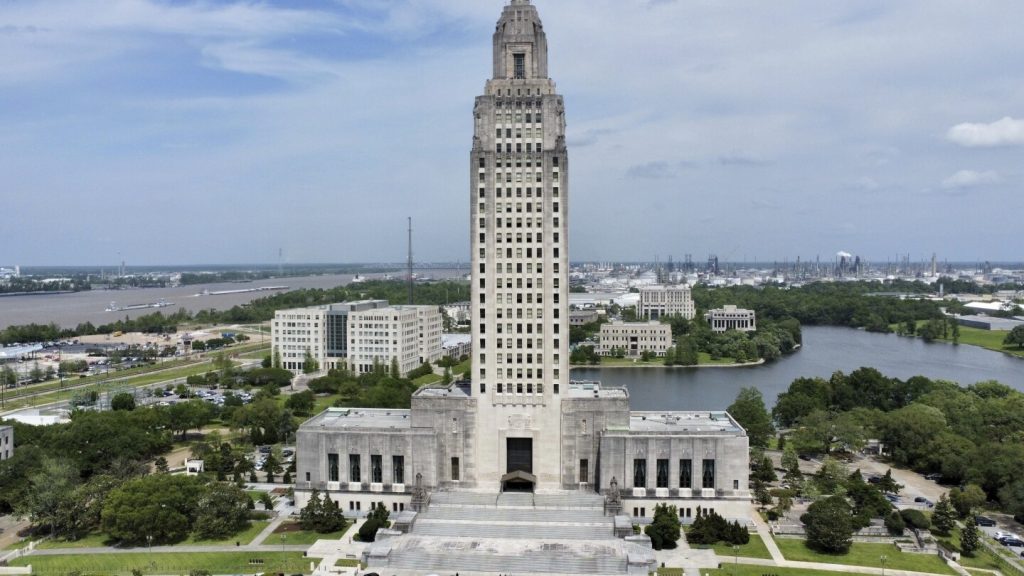In Baton Rouge, Louisiana, despite severe storms causing the closure of state offices and schools, a GOP-controlled legislative committee gathered at the Capitol to debate controversial bills that opponents say target the LGBTQ+ community. The House Committee on Education advanced two bills, one resembling a Florida law dubbed as a “Don’t Say Gay” bill, which prohibits discussing gender identity and sexual orientation in school classrooms, and another requiring teachers to use pronouns and names aligned with students’ assigned gender at birth. Despite few members of the public in attendance, one person testified against the bills, urging lawmakers to reschedule the meeting to allow advocates to express their concerns.
Similar bills were previously approved by the GOP-dominated Legislature last year, but were vetoed by Democratic Governor John Bel Edwards. With new GOP Governor Jeff Landry in office, lawmakers are once again considering the legislation. Last year, committee rooms would be filled with opponents and proponents during hearings on the bills, but on this occasion, most seats were empty due to severe weather conditions across the state. Tornado watches were issued, leading to the cancellation of 12 out of the 14 legislative committee meetings scheduled for the day, including the House Education Committee meeting and the House and Governmental Affairs Committee meeting.
Despite the challenging weather conditions, the committee approved bills along party lines, including measures that prohibit teachers from discussing their sexual orientation and gender identity in K-12 public schools and during extracurricular activities. Another bill requires teachers to use a student’s name and pronouns according to their sex assigned at birth, with exceptions made if parental permission is granted or if the educator’s religious or moral convictions conflict with the parent’s choice. State Rep. Raymond Crews, who authored one of the bills, framed it as a “parental rights” piece of legislation, emphasizing the importance of respecting parental decisions regarding pronoun usage for students.
The lack of public participation in the committee hearing sparked concerns about democracy and transparency, with advocates for LGBTQ+ rights unable to express their concerns and share personal stories with lawmakers. Opposition to the bills stems from the belief that they discriminate against LGBTQ+ individuals and restrict freedom of speech and expression in classrooms. As the bills advance to the House floor for further debate, opponents continue to push for increased public input and transparency in the legislative process. The outcome of these bills could have far-reaching implications for LGBTQ+ individuals and their rights within the education system in Louisiana.


